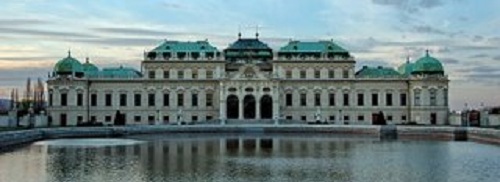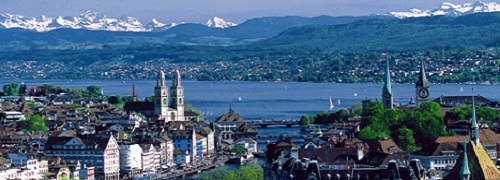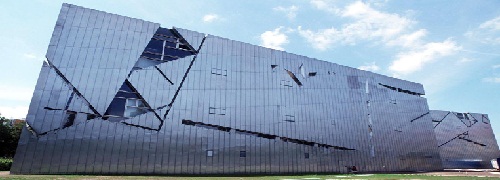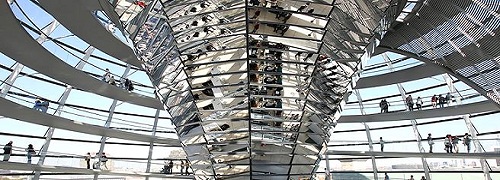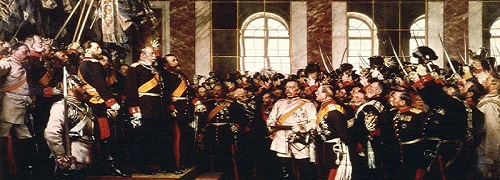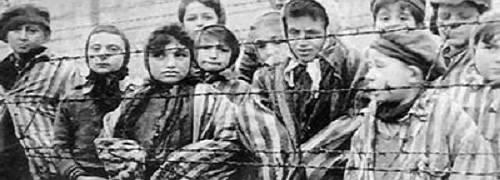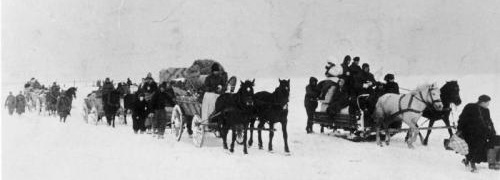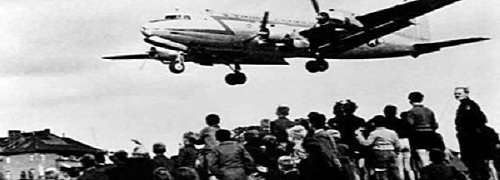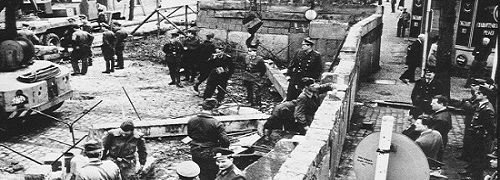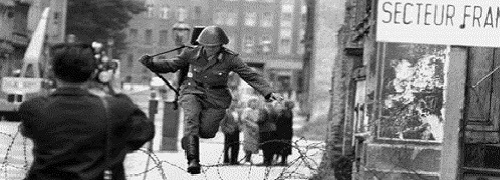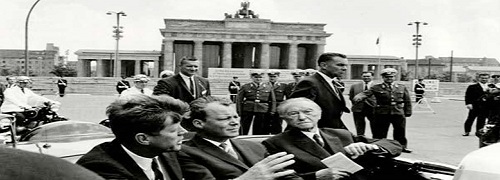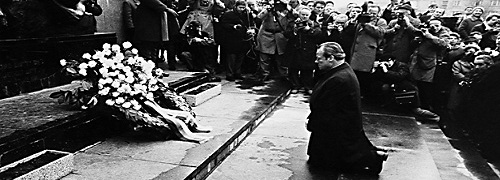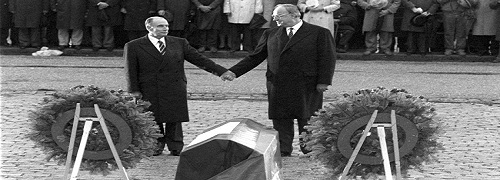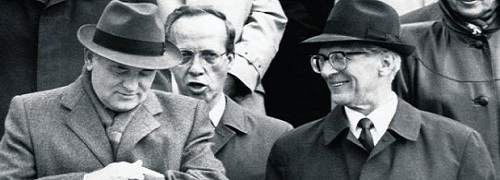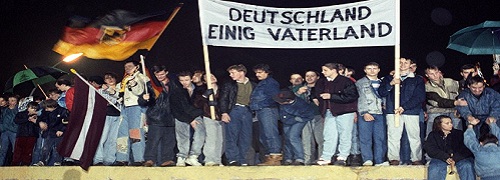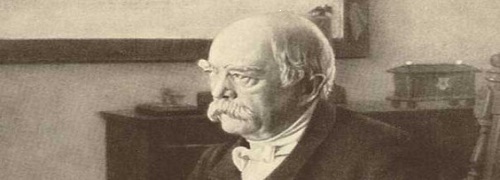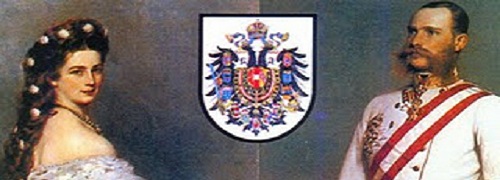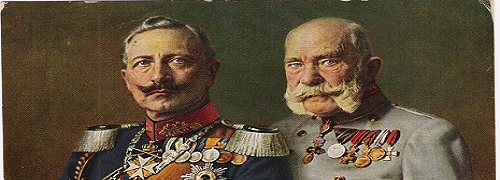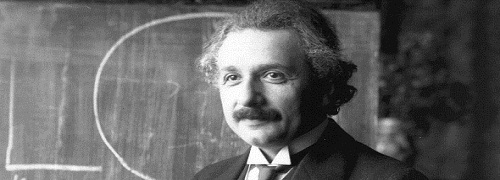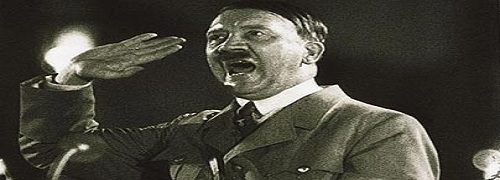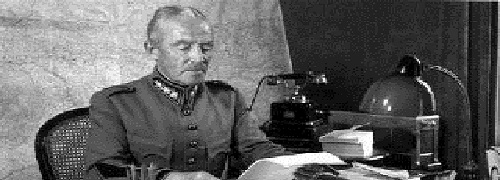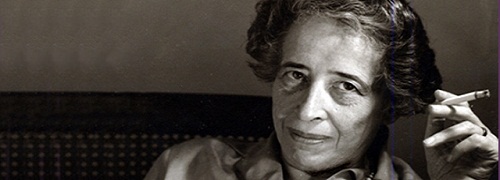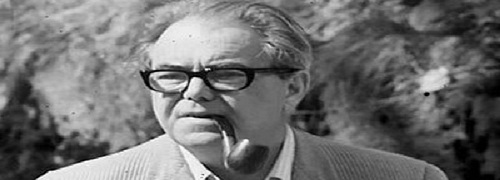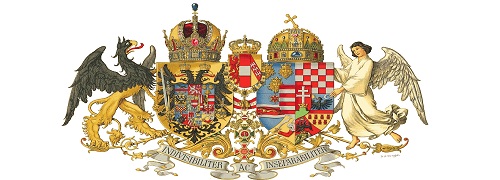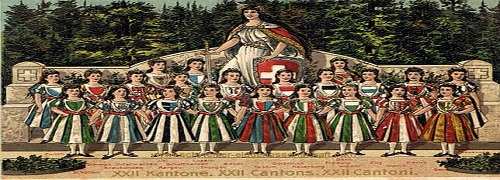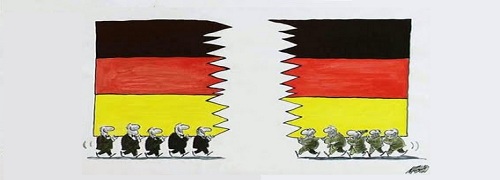Ethno-political Conflicts Between the Adriatic and the Aegean in the 1940s
-
International junior scholars conference | July 3–4, 2014, Vienna
-
Where & when:
Thursday, July 3, 2014: 9 a.m.–7 p.m.
Friday, July 4, 2014: 10 a.m.–1 p.m.
Lecture room -University of Vienna
Department of East European History – Spitalgasse 2, Hof 3 (Campus)
A-1090 Vienna
About the conference:
In the 1940s, ethno-political conflicts in the Greek part of Macedonia, the Julian March and Austrian Carinthia escalated between non-Slavic-speaking majorities and Slavic minorities. The regions of Macedonia, Istria, Dalmatia and Carinthia had been at the centre of territorial disputes between Greeks, Italians, Austrians and Bulgarians, Macedonians, Serbs, Slovenes and Croats since the dissolution of the multiethnic Habsburg and Ottoman empires. During Second World War these ethnic and territorial conflicts were converted into the discourse of the worldwide struggle between liberal Capitalism, Fascism/Nazism and Soviet Communism.
The conference aims at analysing the ethno-political and regional dimensions of the Second World War and the early Cold War in these
border regions from a comparative, transnational and interdisciplinary perspective. Further, aspects of diplomatic history and the culture of memory shall be taken into consideration. The focus of the research interests lies on the one hand on the idea of Pan-Slavism being instrumentalized for irredentist causes by Yugoslav Communists, while on the other hand the conference seeks to explore the idea of a “Pan-Slavic threat” as an anti-Communist mobilization resource among “national-minded” Greeks, Italian Fascists and German nationalists in Carinthia.
The conference aims to serve as a forum bringing together young researchers and distinguished scholars. It is organised by the research platform „Wiener Osteuropaforum“ in cooperation with the Institute of Byzantine and Modern Greek Studies and the Institute of Contemporary History at the University of Vienna.
Organisers & Contact:
Adamantios Skordos
Department of Byzantine and Modern Greek Studies
adamantios.skordos@univie.ac.at
T +43-(0)1-4277 410 04
Nathalie Patricia Soursos
Department of Byzantine and Modern Greek Studies
nathalie.patricia.soursos@univie.ac.at
Florentine Kastner
Department of Contemporary History
florentine.kastner@univie.ac.at


